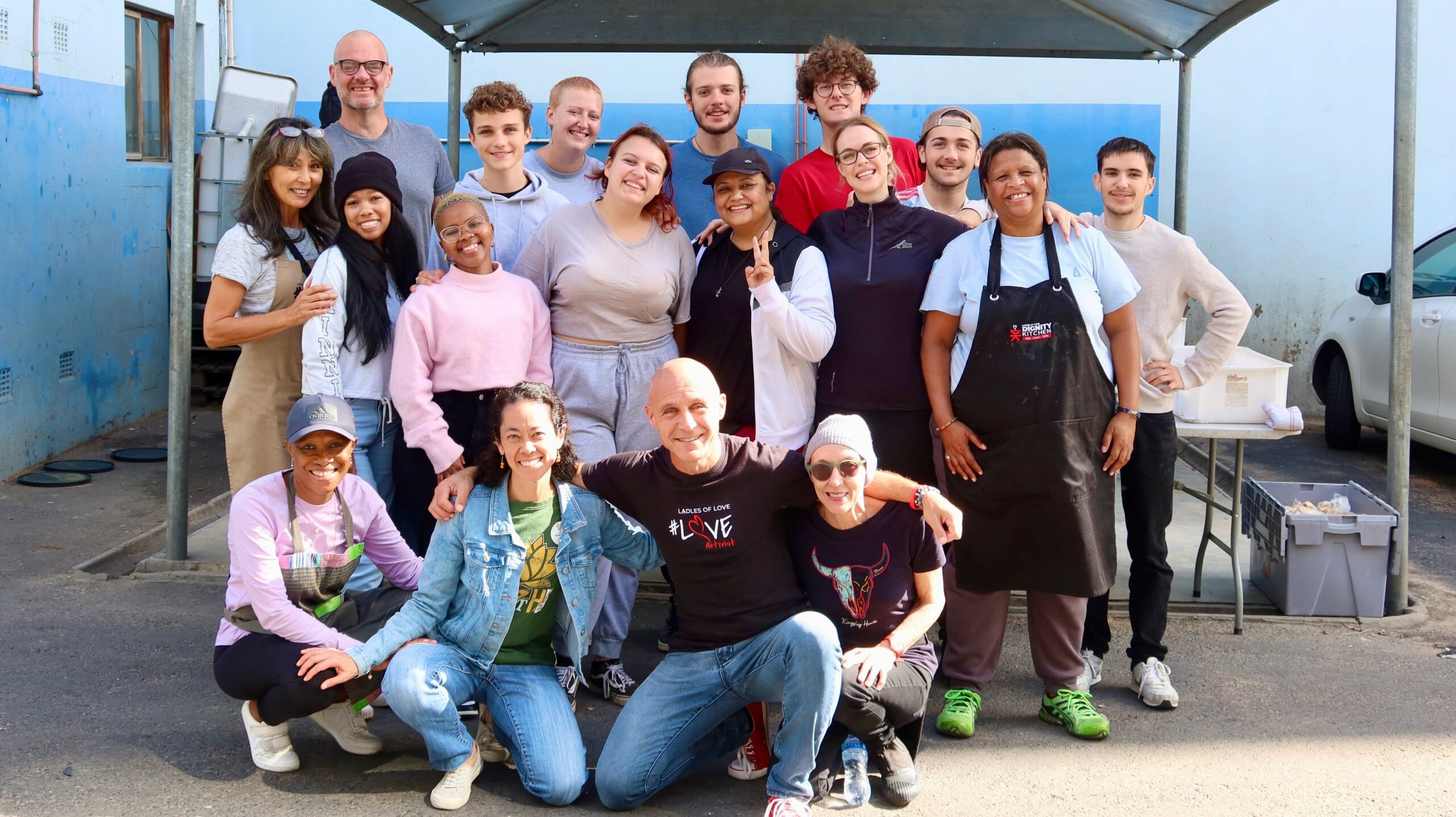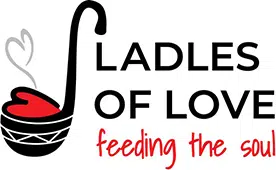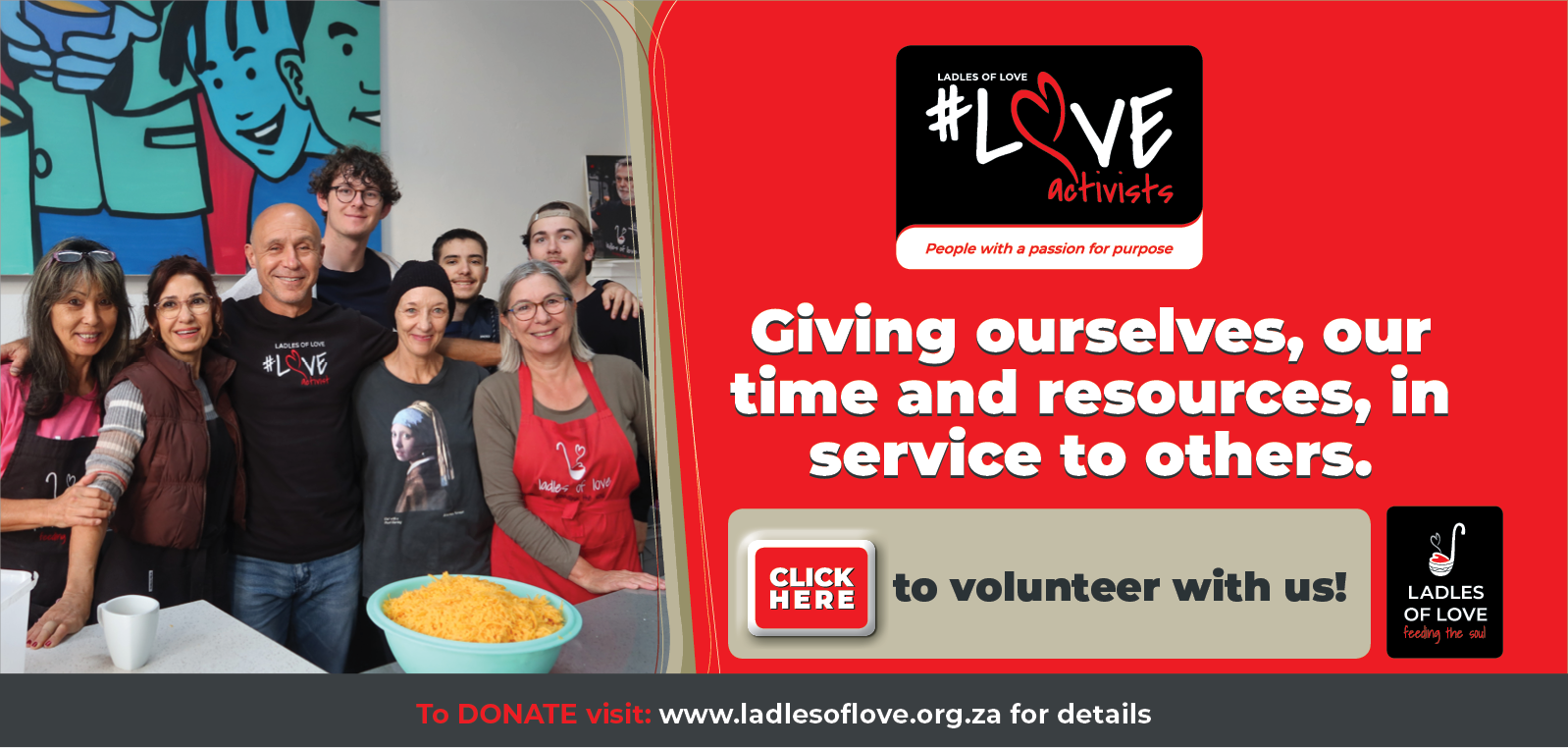In reading the book “The Five Love Languages”, I learnt that people express love differently, and generally how they express it is how they would love to receive it in return. For example, some love to give and receive gifts, others love to be of service to others and enjoy people doing things for them. Others want to spend time with you and have you give quality time back to them. Whatever your love language is, to express it you have to do something.
Many of us have experienced being loved where you feel taken care of and protected, and what a great feeling that is. To know that you are loved unconditionally, even if you make a mistake or slip up, you’ll always be loved.
For our recipients at our Dignity Kitchens, they don’t always feel this to be true. They often feel that they get things when they behave a certain way, if they don’t, they’re not deserving of love and respect. They’re homeless, so love shown to them is conditional. They’re poor, so respect shown is conditional. They’re dirty, so love shown to them never includes a hug or a warm smile. How sad it must be to feel this way.

Fortunately, at our Dignity Kitchens this is the opposite of how our many beneficiaries who queue outside our Dignity Kitchens gets treated. Our goal is to make sure we treat everyone, from our chefs, to our volunteers, to our recipients with nothing but love, dignity and respect. It’s a culture that’s been formed in this organisation and our volunteers live up to it, our staff live up to it, and the people queuing in the lines, feel it.
We put out a call for volunteers week after week, and as we put out the call, you respond with love. You give of your time to serve others, taking the time to offer a smile and a friendly greeting, gifting them with a warm meal, affirming their humanness by treating them with dignity and touching their hearts by showing up for them day after day. That is love in action


